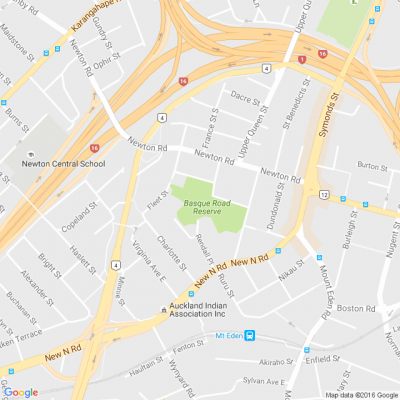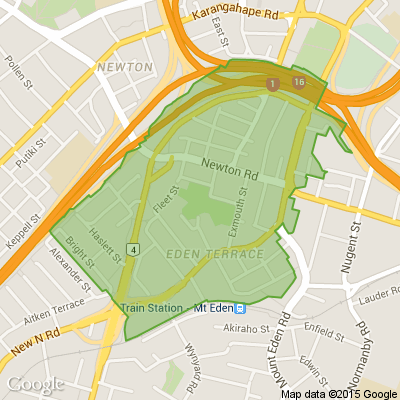The Ant, Bird & Hunter (Day - 1)
Dear Neighbors,
I’ve come across something I truly believe can make a positive impact, and I’m excited to share it with you! Over the next 54 days, I will be sharing a series of 54 moral stories (one a day) that encourage children to think deeply and adopt valuable life lessons. These stories are designed to instill ethics, values, and morals that will help shape a better future for our kids.
I’d love to hear your feedback along the way so we can evaluate the outcomes together and make sure this effort benefits our community in the best possible way.
Please note, this is a non-religious, non-cultural initiative. If any names (People, places etc...) in the stories seem tied to a particular belief system, feel free to adjust them to better align with your own, as the core focus is on values and positive character-building.
Looking forward to your thoughts and feedback!
The Ant, Bird & Hunter
There was an ant which fell into a river accidentally and the river was flowing rapidly.The ant would have died after getting drowned in the river, but luckily for the ant there was a bird sitting on a tree above that saw the ant. The bird plucked out a leaf from the tree, flew a short distance, and put it into the river just in time for the ant to climb onto the leaf. The ant floated on the leaf for a while and finally when the river was calm it reached land.
After it reached land, the ant dismounted the leaf, felt thankful that its life had been saved by the bird and headed off to thank the bird which saved its life. In a few hours, it reached the place where the bird was seated on the tree. The ant was about to climb the tree to thank the bird but it observed a hunter was about to shoot down the bird on the tree. The bird had not noticed the hunter.
The ant decided to take action immediately, and thereby help its friend, the bird. The ant went and began biting the feet of the hunter. The irritated hunter could not aim carefully and missed shooting his prey, the bird, as his feet had been bitten by the ant.
The moral of the story is that we may all be very small persons but we must try our best to help our friends under all circumstances. Returning a favor is as important as accepting a favor.
Chapter Book and Tea Shop Jan-Feb 2026 Book Catalogue
📚 JAN-FEB 2026 BOOK CATALOGUE 📚
Welcome back and best wishes for 2026! The new year sees the arrival of lots of goodies including Ilona Andrews’ BEAST BUSINESS (Hidden Legacy Series—Novella), Mary Balogh’s REMEMBER THAT DAY (Ravenswood Series), Christine Feehan’s DARK JOY (Dark Carpathian Series), Jayne Ann Krentz’s THE SHOP ON HIDDEN LANE (Set in Fogg Lake), Lauren Palphreyman’s THE NIGHT PRINCE (Wolf King Series), Leigh Rivers’ INSATIABLE (Edge of Darkness Series), J.D. Robb’s STOLEN IN DEATH (In Death Series), Nalini Singh’s SUCH A PERFECT FAMILY and more. Enjoy your reading!
NB. We have temporarily sold out of Mary Balogh’s “REMEMBER THAT DAY” and we expect it to be back in stock in around two weeks’ time.
Check out the catalogue at
chapter.co.nz...
Please see p.2 for the:
• Order link for signed copies of Nalini Singh’s SUCH A PERFECT FAMILY
• Pre-order link for signed copies of Nalini Singh’s ARCHANGEL’S ETERNITY
• Details of the Romance Writers of New Zealand Short Story Contest sponsored by Chapter (in April 2026).
• Details of the Auckland Romance Readers Book Club Monthly Meetings and Auckland Romance Readers Book Club Facebook Group.
For Orders, Enquiries or to check instore dates:
✉️ info@chapter.co.nz ☎️ 09-6232319 📱 021-635027
NB. Chapter’s trading hours are Tue–Sun 10–4. We are CLOSED on Mondays.
#ChapterBookandTeaShop #Tea #TeaShop #Books #Bookshop #RomanceBookshop #RomanceFictionSpecialist #BiMonthlyBookCatalogue

Poll: 🤖 What skills do you think give a CV the ultimate edge in a robot-filled workplace?
The Reserve Bank has shared some pretty blunt advice: there’s no such thing as a “safe” job anymore 🛟😑
Robots are stepping into repetitive roles in factories, plants and warehouses. AI is taking care of the admin tasks that once filled many mid-level office jobs.
We want to know: As the world evolves, what skills do you think give a CV the ultimate edge in a robot-filled workplace?
Want to read more? The Press has you covered!

-
52.8% Human-centred experience and communication
-
14.7% Critical thinking
-
29.6% Resilience and adaptability
-
2.9% Other - I will share below!
Brain Teaser of the Day 🧠✨ Can You Solve It? 🤔💬
Make a hearty dish. Take just half a minute. Add four parts of kestrel. Then just add one. What have you made?
(Trev from Silverdale kindly provided this head-scratcher ... thanks, Trev!)
Do you think you know the answer? Simply 'Like' this post and we'll post the answer in the comments below at 2pm on the day!
Want to stop seeing these in your newsfeed? No worries! Simply head here and click once on the Following button.







 Loading…
Loading…